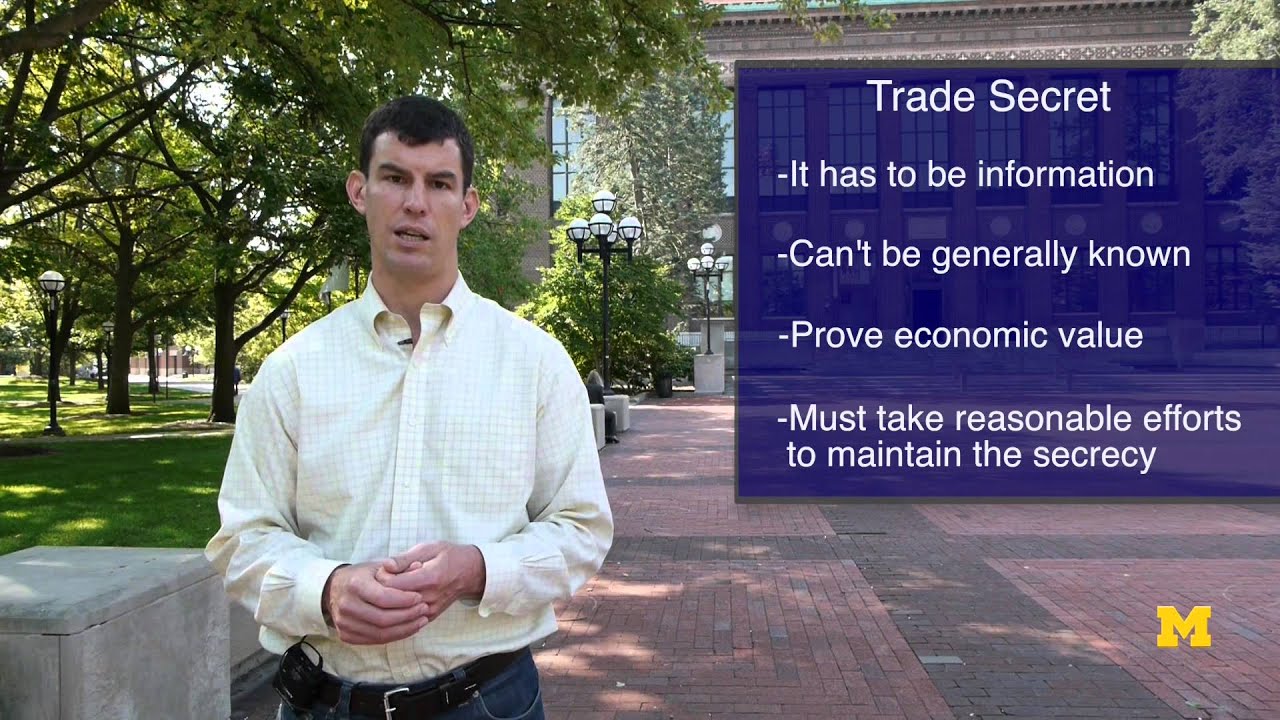A trade secret is an information that a person or business uses to its financial advantage. This information is usually unavailable to the general public, and the person or business holding it prefers to keep it that way, which differentiates it from patents and trademarks. A trade secret attorney uses the legal system to keep this information from leaking to the general population.
What is a TRADE SECRET Attorney?
Contents
- What is a TRADE SECRET Attorney?
- What is the definition of trade secret litigation?
- Who is eligible to file a trade secret claim?
- How is a trade secret claim established?
- How is compensation determined in trade secret litigation?
- How long does it usually take to resolve a trade secret claim?
- FACTS ABOUT TRADE SECRET LAW
Trade secret lawyers handle the legal aspects of cases involving a business’s use and concealment of a process, design, practice, or formula. If a company’s trade secret has been copied, a trade secret attorney is hired. Trade secret attorneys handle all of the paperwork required to create a trade secret contract. A trade secret lawyer should also be familiar with the specific law for the state in which the claim occurred, as laws differ from one state to the next. All formal legal advice should be sought from trade secret lawyers.
What is the definition of trade secret litigation?
When a company’s or an individual’s confidential business information is provided to another party without permission, trade secret litigation occurs. A trade secret, according to the United States Patent and Trademark Office (USPTO), is any information that:
- Because it is unknown, it has economic value.
- It is valuable to those who cannot obtain it legally.
- Is subject to consistent and reasonable efforts to maintain confidentiality
This can include recipes, technical blueprints, financial data, business projections, and other materials. Trade secret cases frequently involve the violation of a non-disclosure or non-compete agreement, theft, or malicious hacking to publicly disclose valuable information.
Who is eligible to file a trade secret claim?
Anyone who owns a trade secret has the right to sue anyone who misuses their confidential information. To do so, the owner must petition the court for an injunction barring the accused party from disclosing their trade secret in the future. The company that owns the trade secret may conduct an extensive internal investigation before filing an injunction.
How is a trade secret claim established?
To establish trade secret misappropriation, the owner must also show that the person or entity who authored the information obtained it illegally. Bribery, theft, espionage, or breach of duty are all examples of improper means.
For example, if an employee takes home duplicates of confidential information in violation of their employment contract, they may be charged with misappropriation. Furthermore, if another person obtains a trade secret from an unknown internal source, they may be held liable for misappropriation if they know the information was obtained illegally.
How is compensation determined in trade secret litigation?
In trade secret lawsuits, an individual or company may seek a variety of damages for the theft of their confidential data. In most cases, the owner has the following options:
Actual Damages
This is the profit margin that the owner would have made if the misappropriation had not occurred.
Unjust Enrichment
If the party responsible for misappropriation used the trade secret to their advantage, the owner may seek additional compensation (i.e. faster product development time, profit from selling the trade secret, etc.).
Reasonable Royalty
In cases where proving profit loss or unjust enrichment may be difficult, an owner can request reasonable royalty fees from the defendant for using their trade secret.
Exemplary Damages
Punitive damages are intended to punish the defendant for intentional and malicious misappropriation. In this case, the owner may also seek legal fees compensation.
How long does it usually take to resolve a trade secret claim?
Most trade secret claims are resolved in about three years from the time they are filed. More complex cases, on the other hand, can last up to four years or more, depending on circumstances. In many cases, the owner or the accused may call expert witnesses to ascertain whether or not the trade secret in question is protected and whether or not it was misappropriated. This expert testimony is critical for both the accused and the owner in building a strong case.
FACTS ABOUT TRADE SECRET LAW
A trade secret lawyer handles the legal complexities of drafting a formal trade secret agreement as well as defending a party or individual if a trade secret contract is breached. If you are involved in a legal case involving a trade secret, you should probably seek legal advice from a trade secret attorney. Although hiring a trade secret lawyer may appear to be expensive, it is worthwhile to do so for legitimate legal advice.

